Introduction
PU Science students face the challenge of mastering vast syllabi, handling practical work, and preparing for competitive exams like NEET, JEE, or CET—all while adapting to residential life. In such an environment, structured study techniques aren’t just helpful; they’re essential. For students living on campus, academic success depends on managing time, maintaining focus, and using scientifically backed study strategies.
At Deeksha Vedantu, we understand the unique demands of residential Science PU programs. That’s why we equip our students with personalized study routines, learning tools, and performance-tracking systems. In this blog, we share specific techniques designed to help residential Science PU students study smarter—not harder. By applying these strategies consistently, students can significantly enhance their academic outcomes, reduce stress, and build lifelong learning habits.
Why Residential Students Need Specialized Study Techniques
Residential PU students benefit from a distraction-free environment and structured schedules—but they also face intense academic competition, homesickness, and time constraints. While living on campus provides easier access to faculty, resources, and study peers, the lack of parental guidance and independent accountability can be challenging.
Unique Needs of Residential Science Students:
- Time optimization across theory, practicals, and test prep
- Routine discipline amidst social distractions
- Effective revision methods across vast subjects
- Integration of physical and mental wellness
Study techniques must align with the unique rhythm of residential life, ensuring students are not only academically prepared but emotionally balanced and resilient as well.
Core Study Techniques for Residential Science Students
1. Time-Blocking for Focused Study
One of the most effective methods to structure a residential student’s day is time-blocking. This technique involves allocating fixed blocks of time to different activities.
Steps to Implement:
- Assign core subject blocks for Physics, Chemistry, Biology, and Math
- Include short review periods before bed or early morning
- Block time for wellness activities and meals
- Schedule buffer blocks for overflow tasks and doubt sessions
Time-blocking creates predictability in a residential schedule, reducing procrastination and decision fatigue.
2. The Pomodoro Technique
The Pomodoro Technique is an excellent solution for students with short attention spans or who find it difficult to maintain concentration.
How It Works:
- Study for 25 minutes, followed by a 5-minute break
- After four cycles, take a 25–30 minute longer break
- Use apps like Focus To-Do or Forest for built-in timers
This method enhances productivity while giving the brain regular rest, reducing burnout and improving long-term retention.
3. Active Recall and Spaced Repetition
Rather than rereading chapters, students should focus on testing themselves repeatedly.
Tools and Methods:
- Create flashcards (physical or digital using Anki)
- Regularly quiz yourself on diagrams, definitions, reactions
- Use the Leitner system for categorizing weak and strong topics
- Implement a revision schedule: Day 1, Day 3, Day 7, Day 15, and monthly reviews
Active recall helps encode information into long-term memory, while spaced repetition ensures periodic reinforcement.
4. Group Study and Peer Learning
Residential campuses offer the advantage of constant peer availability. Group studies work best when well-structured and goal-oriented.
Tips for Effective Group Study:
- Assign roles: explainer, note-taker, quiz master
- Keep group sizes to 3–5 students
- Set specific topics, durations, and goals for each session
- Conduct mini-presentation sessions to reinforce teaching skills
Group study encourages collaborative learning and exposes students to multiple perspectives and problem-solving approaches.
5. Concept Mapping for Complex Topics
Many science topics require an understanding of interrelated concepts. Concept mapping allows students to visualize relationships between sub-topics.
Ideal Uses:
- Physics: Linking Newton’s laws with motion and force
- Chemistry: Mapping elements to periodic trends and bonding
- Biology: Connecting systems within human anatomy
Using colored pens, mind maps, and flowcharts can also improve visual memory and clarity.
6. Scheduled Mock Tests and Paper Solving
Mock tests are essential to evaluate readiness for both board exams and competitive entrances.
Strategy for Success:
- Attempt full-length mock tests weekly
- Review incorrect answers and understand mistakes
- Maintain a test logbook to track performance
- Time each section and build pacing strategies
Mock tests help develop stamina, confidence, and time-management skills under exam-like conditions.
7. Integration of Theory and Practical Prep
Practical exams hold significant weight in Science. Integrating lab work with theory improves conceptual understanding.
Best Practices:
- Review theory before each lab session
- Write down key observations and learn experimental setup
- Create a dedicated practical notebook with diagrams and formulas
- Use lab sessions as opportunities to reinforce textbook concepts
Commerce PU courses at Deeksha Vedantu
Weekly Study Plan
| Day | Morning (6–8 AM) | Afternoon (2–4 PM) | Evening (7–9 PM) | Night (9:30–10 PM) |
| Monday | Physics – Numericals | Chemistry – Reactions | Bio – Diagrams & Recall | Flashcards (All Subjects) |
| Tuesday | Math – Problem Solving | Physics – Concepts | Chemistry – Practice | Quiz Yourself (Mock MCQs) |
| Wednesday | Chemistry – Theory | Bio – Systems | Math – Formulas Recap | Group Study / Peer Review |
| Thursday | Bio – Human Systems | Physics – Practice | Chemistry – Concept Map | Daily Doubt Clarification |
| Friday | Math – Mixed Practice | Bio – Quizzes | Physics – Mock Paper | Summary Writing (All Subjects) |
| Saturday | Weekly Review | Doubt Solving | Test Analysis & Planning | Rest / Light Revision |
| Sunday | Rest / Light Review | Lab Journals | Planning for Next Week | Prepare Study Material |
Combining Academics with Wellness
Science PU students often face burnout without a balance between academic rigor and self-care. Residential life can encourage healthy habits when scheduled effectively.
1. Sleep Hygiene
- Target 7–8 hours of quality sleep
- Follow fixed sleep/wake times, even on weekends
- Use blackout curtains or eye masks if in shared dorms
2. Nutrition
- Eat balanced meals rich in proteins, greens, and fruits
- Carry a water bottle to stay hydrated during classes
- Choose energy-boosting snacks like dry fruits or nuts
3. Physical Activity
- Engage in morning walks, jogging, or team sports
- Try yoga or breathing exercises after study blocks
- Use activity as a break between academic sessions
4. Mental Wellness
- Practice mindfulness or meditation for 10 minutes daily
- Speak with mentors or counselors when overwhelmed
- Journaling or gratitude exercises can reduce anxiety
Technology Aids for Smarter Study
Recommended Tools:
- Google Keep/Notion: For organizing notes, goals, and schedules
- Anki: Flashcard app for spaced repetition
- YouTube Channels: Crash Course, Khan Academy, Physics Wallah
- Mobile Apps: Forest (focus), Study Bunny (timers), Exam Preparation Platforms
- NCERT eBooks and Deeksha Digital Portals for board and NEET/JEE material
Leverage tech to complement traditional methods and keep revision mobile.
FAQs
Can I use these techniques if I’m also preparing for NEET/JEE?
Yes. These methods are especially helpful for multitargeted preparation.
How often should I revise a topic?
Use spaced repetition: Review on Day 1, 3, 7, 15, and monthly.
How do I stay motivated in a residential campus?
Use goal charts, celebrate small wins, stay connected with supportive peers, and seek mentor guidance.
Should I study in the morning or night?
Choose based on personal energy cycles. Mornings offer fewer distractions, while nights can be good for reflection and recap.
How does Deeksha Vedantu support residential Science students?
We offer a structured academic schedule, expert faculty mentorship, 24/7 doubt support, wellness activities, and progress monitoring.
Conclusion
Residential Science PU students can thrive when equipped with smart, science-backed study strategies. Time management, consistent revision, peer support, mental wellness, and tech tools form the core of a sustainable and high-performance academic life.
At Deeksha Vedantu, we believe academic success is rooted in balance. Our residential programs empower students to study smarter, stay focused, and excel with confidence—not only during PU but in every competitive and life challenge ahead.
Table of Contents





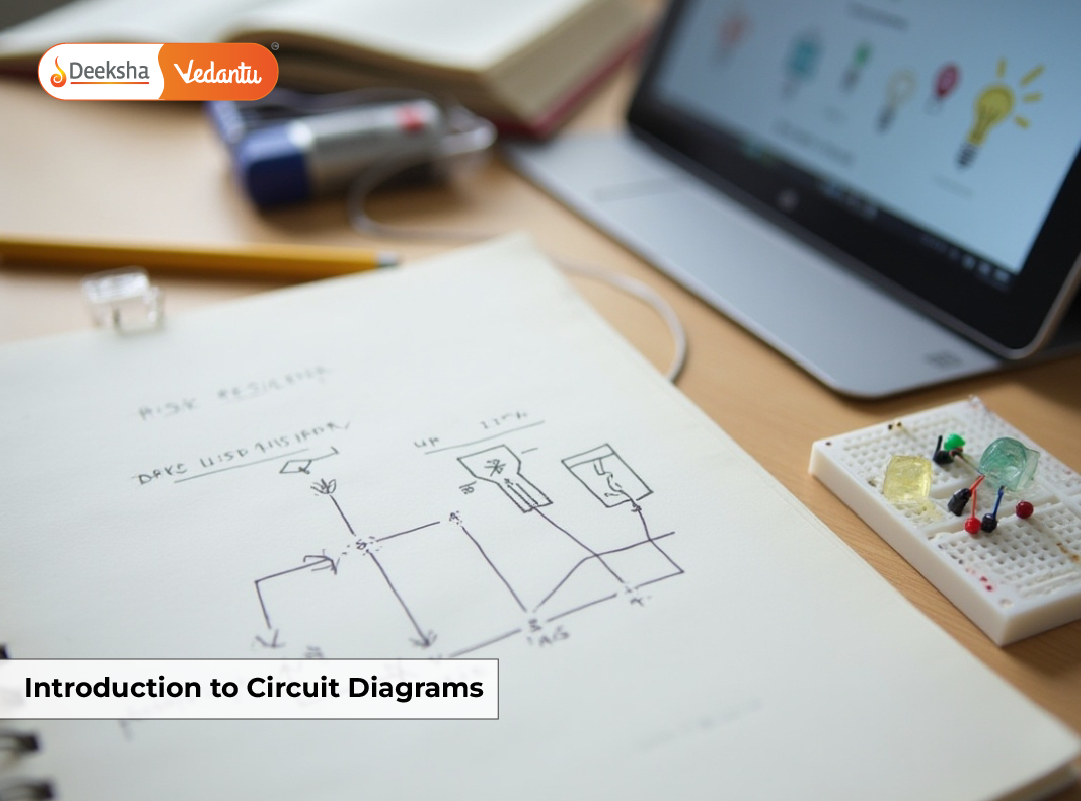
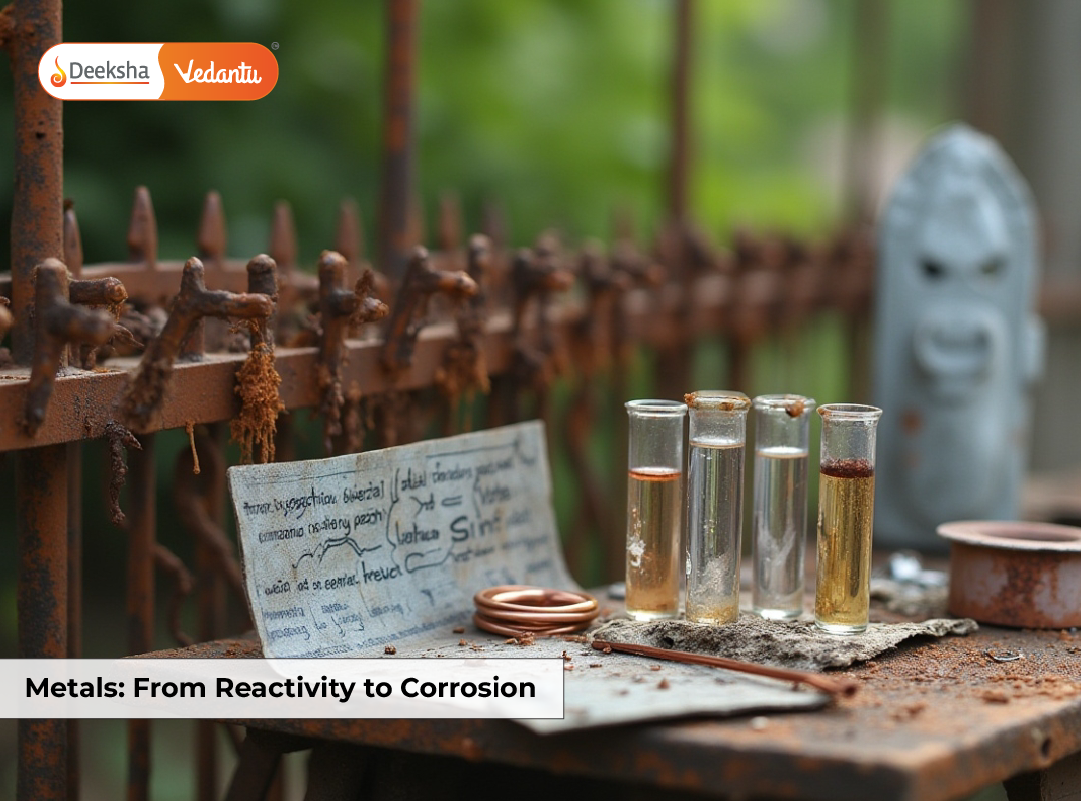
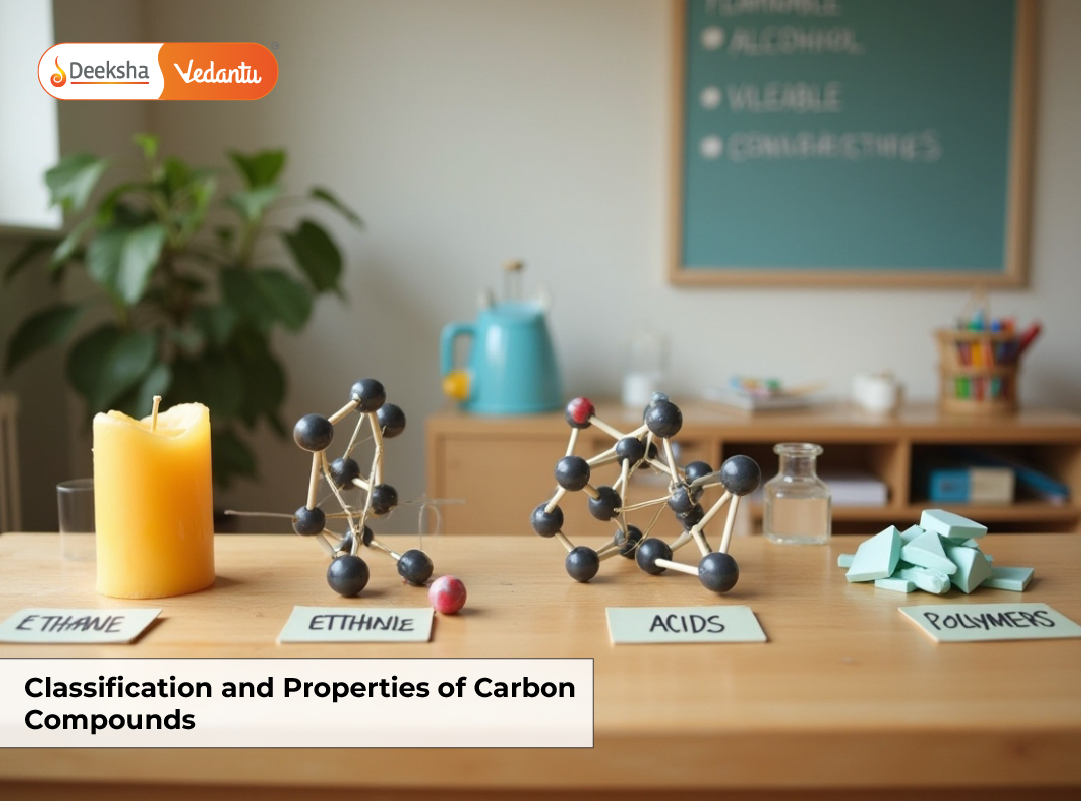

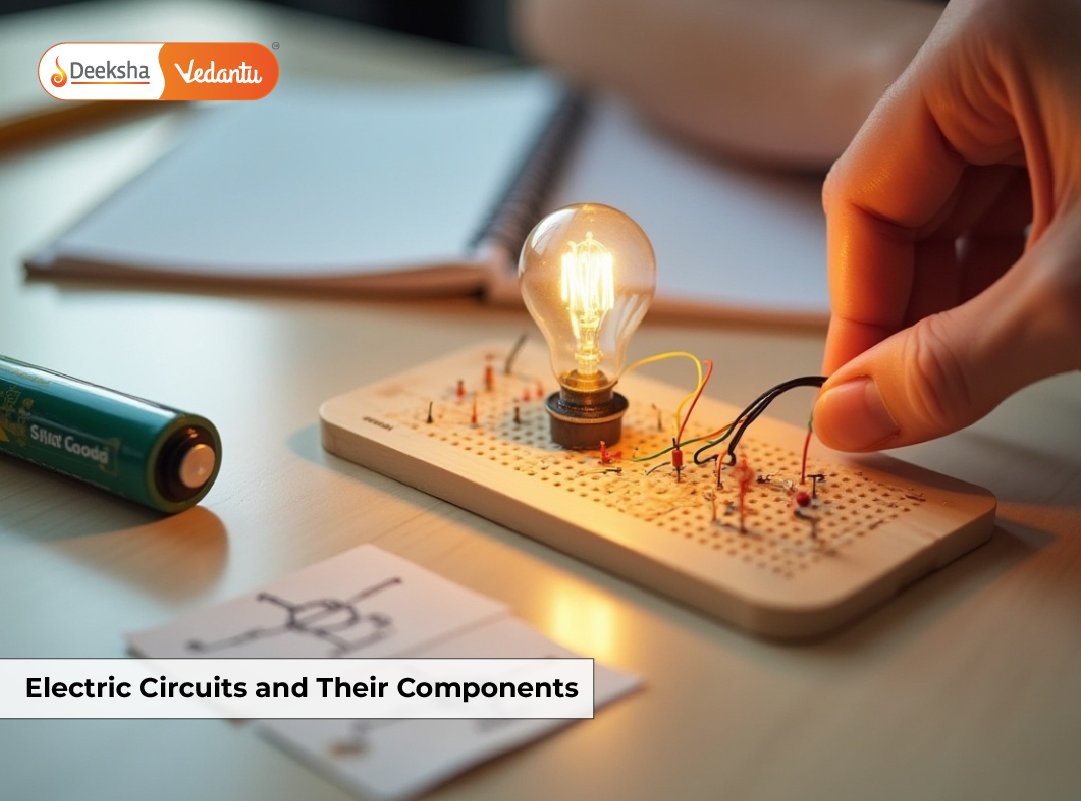

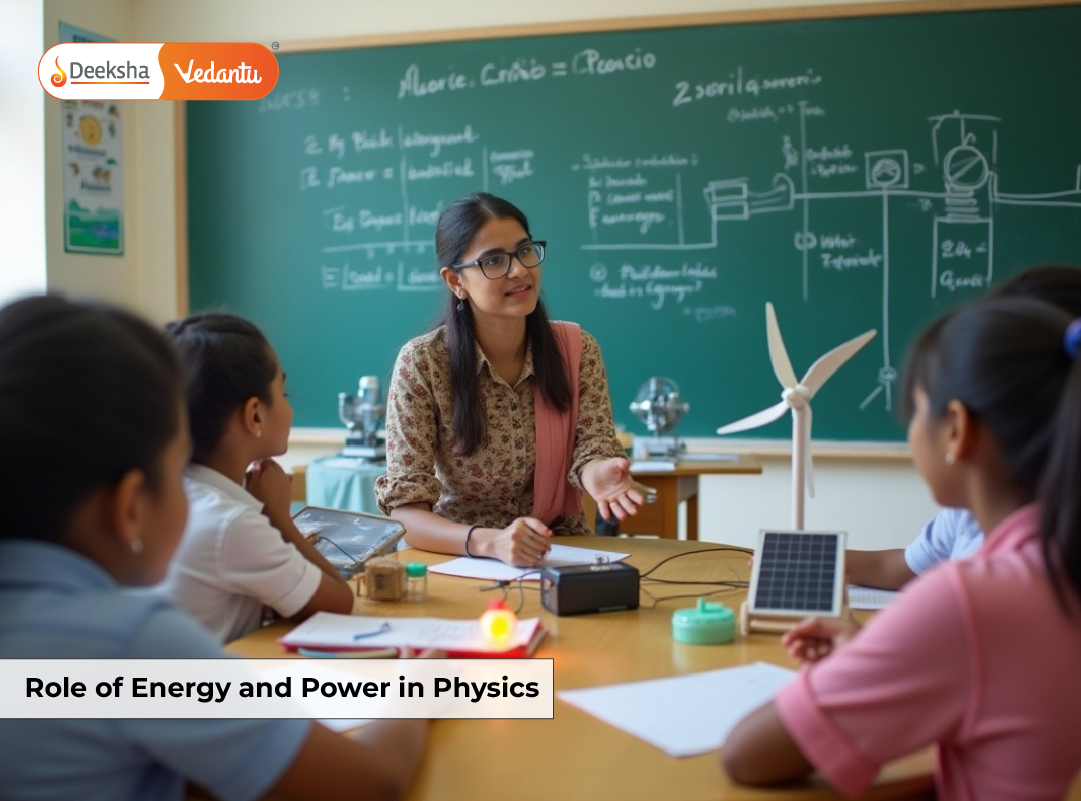



Get Social